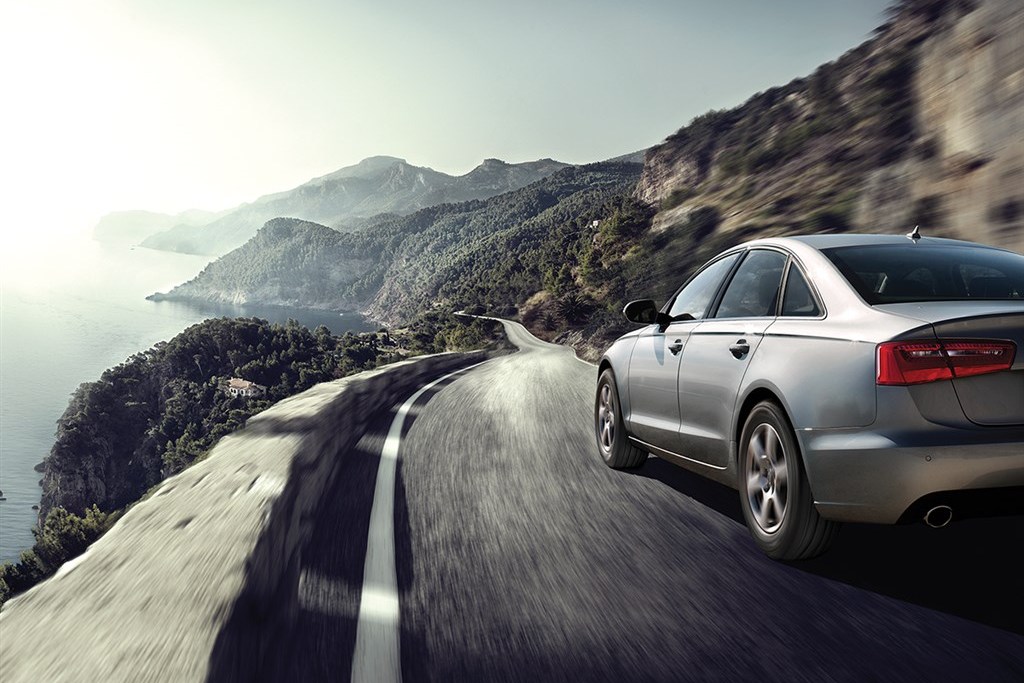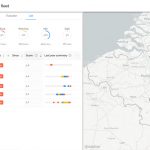Top safety tips for Easter weekend

The Easter weekend is one of the busiest and most dangerous times on our roads. Whether travelling by car, bus or taxi, most people worry about their safety or the safety of loved ones on the road at this time. The good news is that there are several common-sense actions we can all take to improve road safety during this holiday period.
At the same time, toll concessionaires like Platinum Corridor Concessionaire (Bakwena) are taking steps to ensure the routes they operate are safe. Bakwena manages 385 km of the N1-N4 route from Pretoria northwards to Bela-Bela on the N1 (95 km) and from the N4 Pretoria westwards to the Botswana border (290 km).
It is partnering for the eighth year with the Motus Corporation and Hyundai South Africa where an additional six patrol vehicles have been added to the Bakwena N1-N4 route to provide more visible policing, assist at crash scenes and provide roadside assistance.
The vehicles have made a discernible impact on bringing down the number of fatal crashes on these popular routes. To stay safe, bear the following in mind:
Most accidents can be avoided
Check your vehicle’s roadworthiness. You read this every holiday season, but that’s because it’s true. Poorly maintained vehicles cause many of the accidents on our roads. Brake failure, tyres (smooth, poorly aligned, improperly inflated) and faulty steering account for most accidents.
According to statistics from Road Traffic Management Corporation, vehicle factors contribute 14,1 percent of all accidents and of those 74,3 percent are allocated to burst tyres. Desiree van Niekerk, brand manager for Supa Quick, says tyres should be regularly checked for alignment and rotated. They should also be replaced when necessary.
When it comes to brakes, danger signals include a soft, spongy feeling when the brake pedal is depressed, there is a scraping sound or the pedal needs to be pumped. If the car pulls to one side when the brakes are applied, the brakes could be about to fail.
Choose travel times carefully
The more traffic, the less safe the roads are, so it’s worth finding out when the peak times are expected to be on your route. Bakwena advises that the peak times for the N1 northbound and N4 westbound are on Thursday April 18 between 12h00 and 21h00, and Friday April 19 between 06h00 and 12h00. Other concessionaires will publish similar statistics for other routes.
Take breaks
Encourage the driver, taxi drivers included, to stop and take regular breaks at least every two hours or after travelling a distance of about 200 km. Bakwena will be distributing coffee vouchers at the Carousel toll plaza northbound to highlight this important safety tip. If you’re in a taxi, maybe the passengers could club together to buy the driver a double-shot coffee!
Drive smart
Aside from taking regular breaks, drivers should check their driving habits. Driver error is responsible for around 1,6 million accidents a year. Alertness is key to safe driving, but especially when there is a lot of traffic. Cell phones increase the risk of an accident by four times, according to the World Health Organization.
Other safety tips include knowing where your blind spots are and sticking to the speed limit. Arrive Alive’s slogan “speed kills” is perfectly true. Finally, driving while under the influence of alcohol increases the risk of an accident significantly.
Take care of passenger safety
Drivers, be they private individuals or commercial operators, have a duty of care to their passengers. This includes the roadworthiness of their vehicle and their driving style, but they also need to ensure that passengers are buckled up and that luggage is safely and securely stowed.
Vehicles with ultra-heavy and/or poorly stacked loads are much more likely to break down or veer out of control. Children, in particular, need to be properly restrained at all times while travelling. For children under 1,4 m in height the appropriate car seat must be used to ensure their safety and comfort.
“You can’t control road conditions or the actions of other drivers, but you can make sure that your driving is as safe as possible,” Van Niekerk concludes. “Following these safety tips is a must and, before you set out, get your vehicle checked for free at your nearest Supa Quick outlet.
“Or spend some time on the Quickademy website – a source of information and a fun online learning centre for car owners. Let’s make this Easter the safest ever.”
Published by
Focus on Transport
focusmagsa




